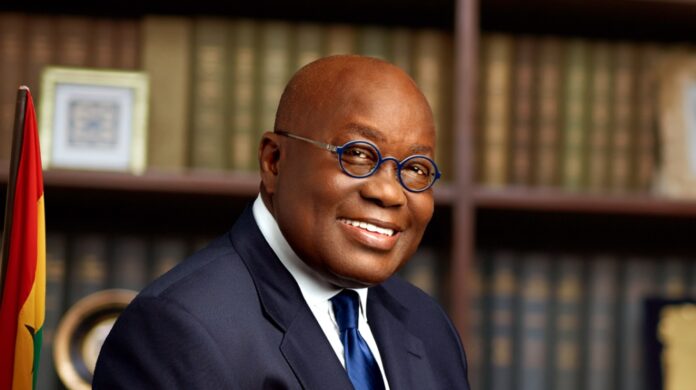Ghana’s immediate past President, Nana Akufo-Addo before leaving office held the bull by the horns when he granted executive approval allowing visa-free entry into Ghana for all African nationals following a promise made by him at the Africa Prosperity Dialogues (APD 2024) in January 2024.
At that event, Nana Akufo Addo emphasized his commitment to this visa-free initiative when he delivered an address on the theme “Developing Prosperity in Africa: Produce, Add Value, and Trade.”
This move places Ghana in the league of four other African countries: Rwanda, Seychelles, The Gambia, and Benin, who are already granting such a privilege to African nationals, thereby helping to improve the free movement of people, goods, and services across the continent, a move that would drive the African Continental Free Trade Area (AfCFTA), headquartered in Ghana, by ensuring economic integration.
Per the guidelines given by Ghana’s Presidency, this new policy was expected to commence on the eve of the expiration of the tenure of President Akufo-Addo, which is January 6, 2025.
The initiative is in line with the Africa Union’s Agenda 2063 as well as a fulfillment of an ECOWAS agenda and a protocol of the Africa Continental Free Trade Area (AfCFTA).
Many Ghanaians and African businesses have always had cause to complain about the rigid immigration rules and policies being enforced by some African countries, which they see as a bane and a disservice to inter-African trade in contravention of the long-held vision of the Regional Organisation, the African Union.
Specifically, business mogul Aliko Dangote, Africa’s richest man, has bemoaned the frustrations of navigating visa requirements across the continent.
At a business forum in Rwanda, he lamented, “As an investor, I have to apply for 35 different visas.” Many are those who also share the sentiments of the renowned businessman and thus open-heartedly praise and welcome this policy.
A visa-free policy generally promotes trade, tourism, and cultural exchange between countries and nationals by establishing closer ties and great fortunes for such countries’ economies and encouraging foreign direct investments for the general well-being.
However, the initiative raises several red flags for which many have criticized and chastised Akufo-Addo for since the news broke out on December 18, 2024. Many have described it as political and populist.
They point out the lack of a clear commitment on his part owing to the period in which he granted it, especially the fact that it is to take effect on the eve of his exit from office. This is surely expected to place immense pressure on the incoming president, whether in support or not.
SECURITY CONCERNS
Further, there have been references made to Ghana’s growing security sector and whether it is fully prepared to squarely deal with the extremities of visa-free policies, which will enable diverse persons with various agendas to enter freely. It is a fact that such a policy will easily make terrorists target Ghana for their operations. When it does, the question is, are the security agencies prepared to tackle such a fall out?
This was evident in Kenya’s open border policy, which led to the emergence of such activities in 2013, leading to the loss of lives of several citizens and foreigners. It is instructive to remember, that President Akuffo Addo raised serious concerns with the United States government about the presence of terrorist elements in neighboring Burkina Faso in 2023.
ISSUES OF UNEMPLOYMENT
Unemployment is another major concern in Ghana, therefore, a visa-free policy that will keep the gate open for other African nationals and businesspeople will heighten competition with Ghanaians for the few to non-existent jobs, and surely, many Ghanaians will be expected to suffer difficulties in securing jobs or be under-employed due to competition.
Even though a visa-free initiative is progressive and practicalizes the vision of the founding fathers of our African regional and sub-regional union, the initiative requires careful review and a measured implementation process, with stringent reviews to ensure the nation’s readiness.
Many experts argue that such an initiative ought to be taken with much caution and not as an afterthought, especially when there is no guarantee that the incoming administration would implement the policy as expected by the outgoing administration.


